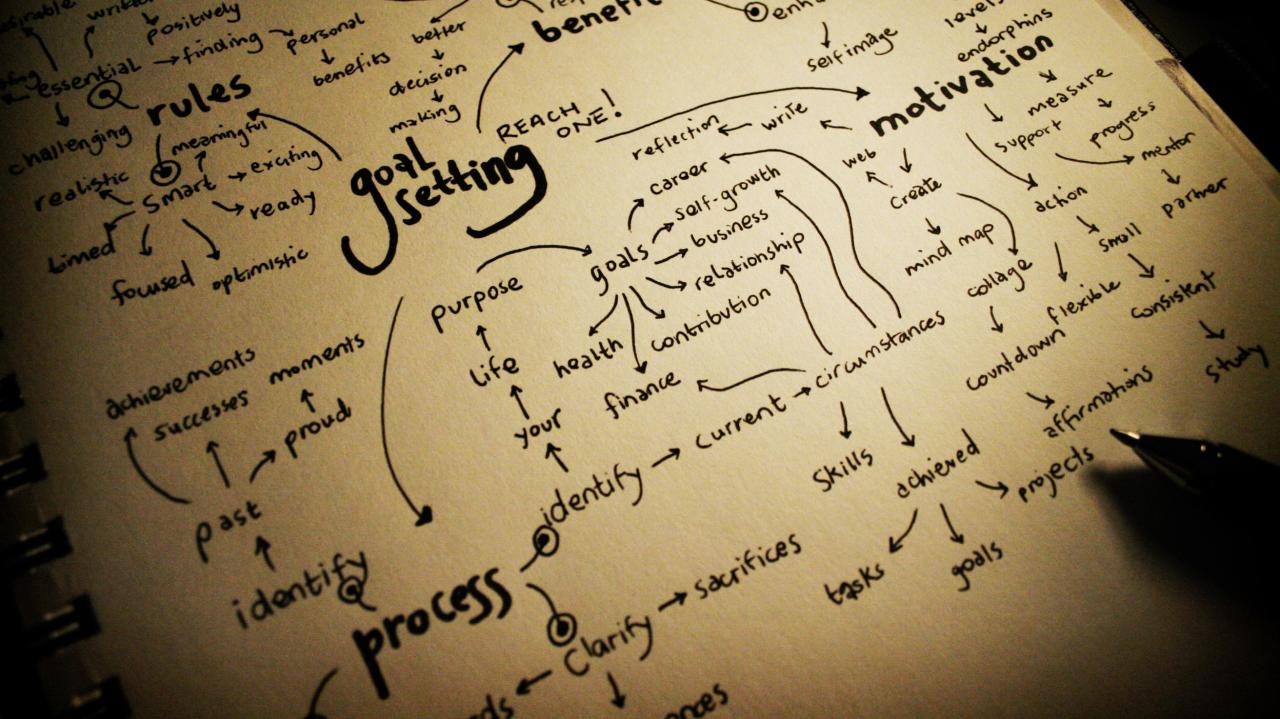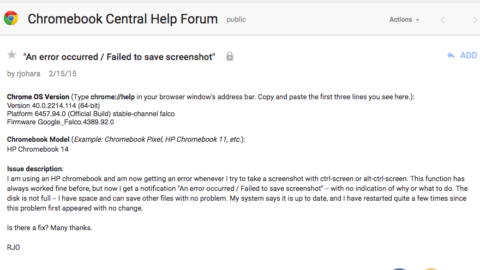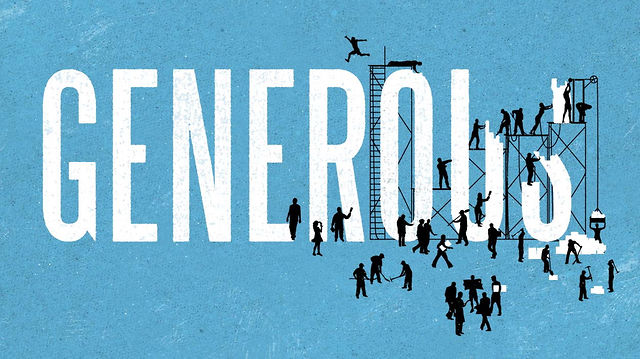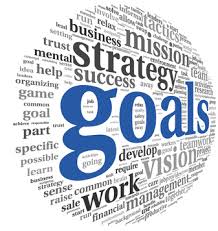 I remember getting suckered into believing the urban myth about the 1953 Harvard study that grads who wrote down their goals earned on average 10X their counterparts.
I remember getting suckered into believing the urban myth about the 1953 Harvard study that grads who wrote down their goals earned on average 10X their counterparts.
It turns out this “study” never existed, living on through Inaccurate citations in books by authors like Brian Tracy, Tony Robbins, Tom Bay and Zig Ziglar, and fueling the myth’s persistence in thousands of other books, blogs and other Internet references over the past 20 years.
The mythical Harvard study aside, I also know that I don’t need to be convinced of goal-setting’s value because I have experienced it in my life over and over. Instead, I I focus on committing to just one or two main goals per year, and I make sure these 2 essentials are present for me to achieve my goal(s):
- I take FULL OWNERSHIP of my goal(s).
- I build a PROCESS around my goal(s).
Researchers call this this endowment effect, which means, essentially, we are more likely to ownership for something–an thing, an idea, a goal–when we are more committed to it.
Cornell researchers first gave subjects coffee mugs and offered to trade them chocolate for their mug. Almost none of the participants wanted to trade. Next, researchers reversed it–giving participants chocolate and asked them to trade for the coffee mugs. Again, very few students wanted to trade.
Bottom line: it was about what they already had, not about the actual objects. When we take ownership of something we work to keep it.
As I think through my goals for 2018, the first question I ask myself is this: What goals am I already committed to and how do these goals integrate with what I want to achieve in 2018?
For those proposed goals not clearly integrated, I need to ask the question–Whose goal is this? Is it really my goal, and is it connected to what I hold to most deeply in my life. Or, is it more about what a boss, spouse, or outside influence has convinced me is an important goal to have.
The Process of Goal Achieving
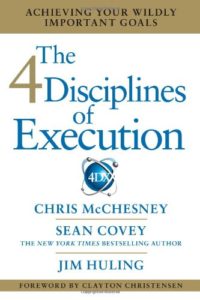 The process includes the skills and method I’ll use to achieve the goal. My thinking has been shaped by The 4 Disciplines of Execution (www.4dxbook.com FYI, I receive no compensation for this recommendation), with the distinction between leading measures and lag measures.
The process includes the skills and method I’ll use to achieve the goal. My thinking has been shaped by The 4 Disciplines of Execution (www.4dxbook.com FYI, I receive no compensation for this recommendation), with the distinction between leading measures and lag measures.
Process is all about measuring the right things, and when you make the focus leading measures, you stay tied to the process over the outcome.
For example, if you’re trying to lose weight, the lag measure is what you see when you step on the scales. The leading measures are the number of calories you take in (what you eat) and burn (what exercise you et) through the course of a day.
So, the second thing I do is to make sure I understand what process will get me to accomplishing my goal(s). The evidence I have a process is that the leading measures are clear and reasonable.
One Final, Personal Thought
Personally, I have found that how and where I publish my goals puts them at risk or increases the likelihood I will achieve them. If I tell everyone about my goals–talking up a good game–I put my goals at risk. There is a longer discussion about the psychology of this, but suffice to say, the more I talk the less I do.
For this reason, I keep my goals mostly confidential, sharing them with the two groups of people: 1) Those who care most deeply for me, and who will be fully supportive of my efforts to achieve these goals (for example, my wife and closest friends), and 2) those who are integral to helping me achieve these goals (for example, people I work with).
Prayer is an essential part of achieving my goals, and I find that I am a lot more consistent in prayer when I keep my goals confidential. This has been the biggest pay off for me.
What are your 2018 goals?

